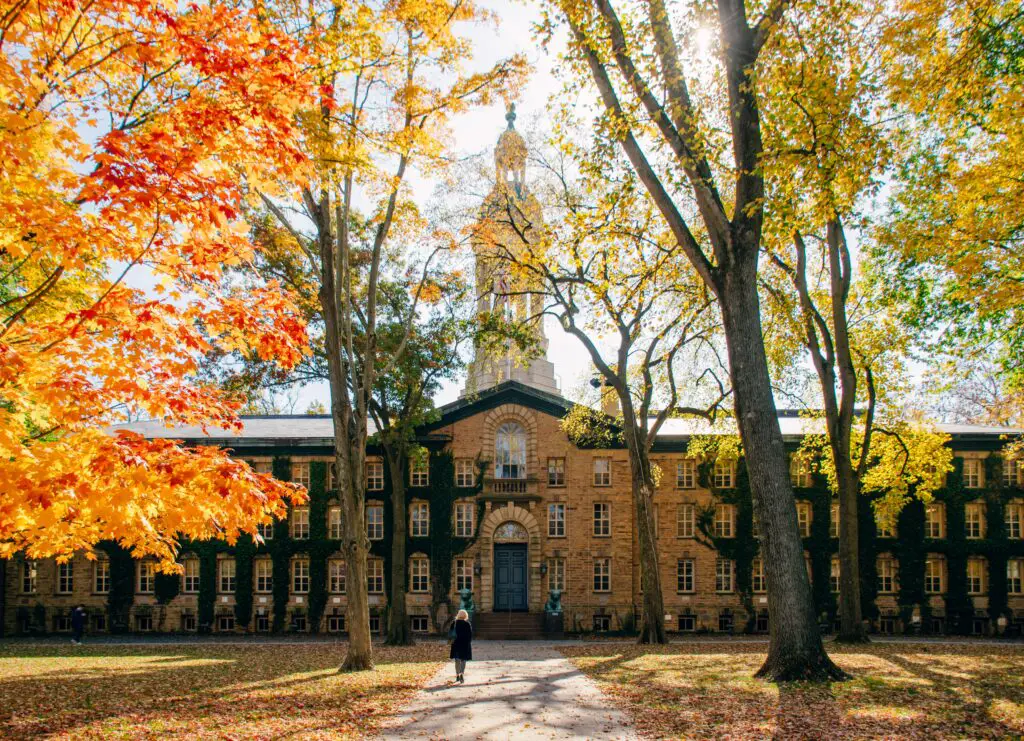The University of California, Davis, is a public research university located in Davis, California. Founded in 1905, UC Davis has a reputation for excellence in agricultural and environmental sciences, as well as a strong commitment to sustainability. In this essay, we will discuss the pros and cons of attending UC Davis.

Pros:
Strong Reputation in Agriculture and Environmental Sciences: UC Davis is well-known for its strengths in agricultural and environmental sciences, and has a range of programs focused on these fields. The university has state-of-the-art research facilities and equipment, and students have the opportunity to collaborate with researchers in a wide range of fields.
Diverse Student Body: UC Davis has a diverse student body, with students from all 50 states and more than 100 countries. The university is committed to creating an inclusive and welcoming environment for all students, and has a range of programs and initiatives focused on diversity and inclusion.
Research Opportunities: UC Davis is a top-tier research university, and offers numerous opportunities for students to get involved in research projects and to work with faculty members on cutting-edge research initiatives. The university has state-of-the-art research facilities and equipment, and students have the opportunity to collaborate with researchers in a wide range of fields.
Location: UC Davis is located in the beautiful Sacramento Valley, and has a mild climate with sunny days throughout the year. The campus is located close to numerous recreational opportunities, including hiking, biking, and skiing, as well as cultural attractions such as museums and art galleries.
Sustainability: UC Davis is committed to sustainability, and has a range of programs and initiatives focused on reducing the university’s environmental impact. The campus is home to a number of LEED-certified buildings, and the university has a strong focus on renewable energy and sustainable agriculture.
Cons:
Limited Social Scene: While UC Davis has a range of student clubs and organizations, some students may find the social scene to be limited. The university is located in a relatively small town, and there may be fewer opportunities for nightlife and social activities than at larger universities in more urban areas.
Academic Rigor: UC Davis is a challenging academic environment, with rigorous coursework and high expectations for student performance. Students should be prepared to work hard and to manage their time effectively in order to succeed at the university.
Cost: As a public university, UC Davis offers relatively affordable tuition rates compared to many private universities. However, the cost of living in the Davis area can be high, particularly for students who choose to live off-campus. Students should be prepared for the cost of tuition, housing, and living expenses.
Transportation: Davis is a relatively small town, and students may find that transportation options are limited. While the campus is located close to numerous recreational opportunities, students may need to travel some distance to access these activities. The university does offer a shuttle service, but students may find that they need a car in order to fully take advantage of all that the area has to offer.
Parking: Parking can be a challenge at UC Davis, particularly for students who choose to live off-campus. The university offers a range of parking options, but students should be prepared for the cost of parking permits and for the limited availability of parking spaces.
In conclusion, attending UC Davis can provide numerous advantages, including a strong reputation in agriculture and environmental sciences, a diverse student body, research opportunities, location, and sustainability initiatives. However, students should be prepared for challenges such as a limited social scene, academic rigor, cost of living, transportation concerns, and parking challenges. They should also take steps to ensure their success and well-being at the university, such as seeking out academic and social support systems, budgeting for expenses, and exploring transportation options.